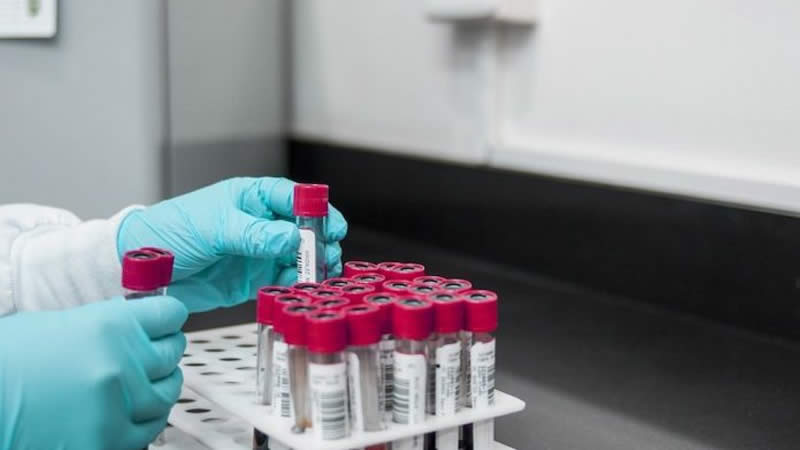In latest researchers we have seen that blood tests measuring the hallmark Alzheimer’s protein, b-amyloid (amyloid), could radically reduce the cost of clinical trials and potentially open the door to treating the disease earlier.
They studied a unique group of volunteers, who were all born in the same week in 1946. The research was conducted by a team of scientists at UCL.
Amyloid is a protein that builds up in the brain in Alzheimer’s, and it is thought to set off a cascade of processes that result in damage to the brain and the symptoms of the disease.
Amyloid accumulates in the brain years before symptoms appear and clearing this protein has been a major focus of Alzheimer’s research for the last two decades.

Most amyloid-lowering drug trials so far involve people who already have symptoms— an approach that has yet to result in a new treatment.
Many researchers believe that by the time symptoms set in, the window of opportunity for preventing cognitive decline may have already passed.
A PET scanner can pick up the radiation from these tags to reveal the extent of amyloid buildup in a person’s brain in the early stages of the disease.
Unfortunately, they are very expensive and require specialist facilities that are only available in a few locations throughout the country.
In the study, the team looked at different blood tests as a way to achieve this.
They worked with a unique group of over 400 volunteers, who were all born in the same week in 1946 and did not have dementia.
They had amyloid PET scans and blood tests as part of the Alzheimer’s Research UK-funded Insight 46 study.
The team found in this group of cognitively healthy people around the age of 70, approximately one in five (18%) had evidence of a strong build-up of brain amyloid—in a similar pattern to patients with Alzheimer’s dementia.
The best performing blood test was able to identify those individuals with high levels of amyloid with about 85% accuracy.
Using blood tests to screen for amyloid would reduce the requirement for PET scans by roughly half.
The current results suggest that blood tests may be a useful means of identifying individuals who are in the earliest stages of the disease.
In the short term, this has implications for clinical trials of new treatments for Alzheimer’s disease.
Blood tests could allow for rapid screening, and reduction of the numbers who would need more expensive PET scans before entering a study.
This would considerably reduce the costs and time it takes to run clinical trials, and will hopefully accelerate the development of new treatments.
One author of the study is Prof Jonathan Schott.



